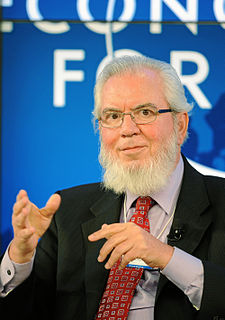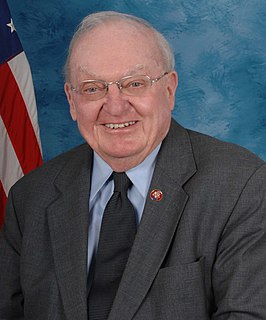A Quote by Michel de Montaigne
Decency, not to dare to do that in public which it is decent enough to do in private.
Related Quotes
I think a decent society should protect rights to private property within limits, but not concentrations of private power that infringe on the freedom and rights of others, including exploitation of labor, and that convert any democratic forms into what have been called sometimes "hierarchical democracies," like ours, in which some have vastly greater influence over public policy than others. Spelling all of this out is a complex matter that raises many issue and problems that are impossible to address here.










































